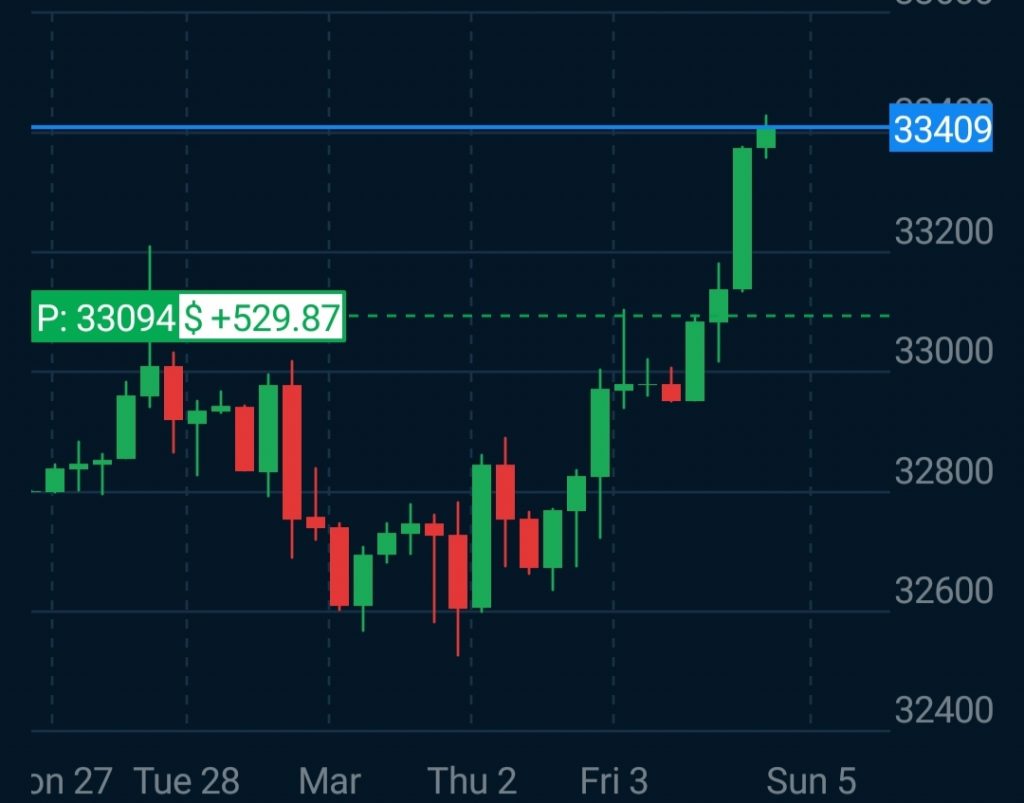In the world of forex trading, understanding spreads is essential for effective risk management and maximizing profits. The spread represents the difference between the bid and ask price of a currency pair and plays a key role in determining the cost of executing trades. In this article, we’ll break down what forex spreads are, how they affect your trades, and why traders need to be aware of them.
What is a Forex Spread?
A spread is essentially the cost of entering and exiting a trade in the forex market. It is the difference between the bid price (the price at which you can sell a currency pair) and the ask price (the price at which you can buy a currency pair). The size of the spread can vary depending on factors such as the liquidity of the currency pair and market volatility.
- Bid Price: The price at which you can sell a currency.
- Ask Price: The price at which you can buy a currency.
- Spread: The difference between the bid and ask price.
Types of Forex Spreads
There are several types of forex spreads that traders may encounter:
Fixed Spread
- Fixed spreads stay the same regardless of market conditions. They offer predictability, making it easier to calculate trading costs in advance. Fixed spreads are more common with market makers.
Variable (Floating) Spread
- Variable spreads fluctuate depending on market conditions, such as liquidity and volatility. These spreads can be narrower in stable market conditions and wider during periods of high volatility, such as economic announcements.
How Forex Spreads Affect Your Trades

The size of the spread directly impacts the profitability of a trade. When you enter a trade, you automatically start at a loss equivalent to the spread. For example, if the spread on a currency pair is 2 pips, you’ll need the market to move at least 2 pips in your favor before you break even.
Impact on Trading Costs
- A narrower spread means lower trading costs and higher potential profitability, especially for short-term traders.
- A wider spread increases trading costs, making it harder to profit from small price movements.
Effect on Scalping and Day Trading
- Scalpers and day traders are particularly sensitive to spreads since they rely on small price movements to generate profits. A high spread can eat into their profits, making trading more expensive.
Choosing a Broker Based on Spreads
When selecting a forex broker, it’s important to consider the spreads they offer, as they can significantly affect your trading costs. Brokers that offer lower spreads, especially during off-peak hours, can make a big difference for frequent traders.
To get a better idea of the spreads different brokers offer, you can consult Broker Reviews to compare the best options available.
Understanding forex spreads is crucial for managing trading costs and improving your profitability. Whether you’re a scalper, day trader, or long-term investor, the spread will impact your trades. Always consider the type of spread and the associated costs when choosing a broker.
For more information on brokers and their offerings, visit Broker Reviews.
